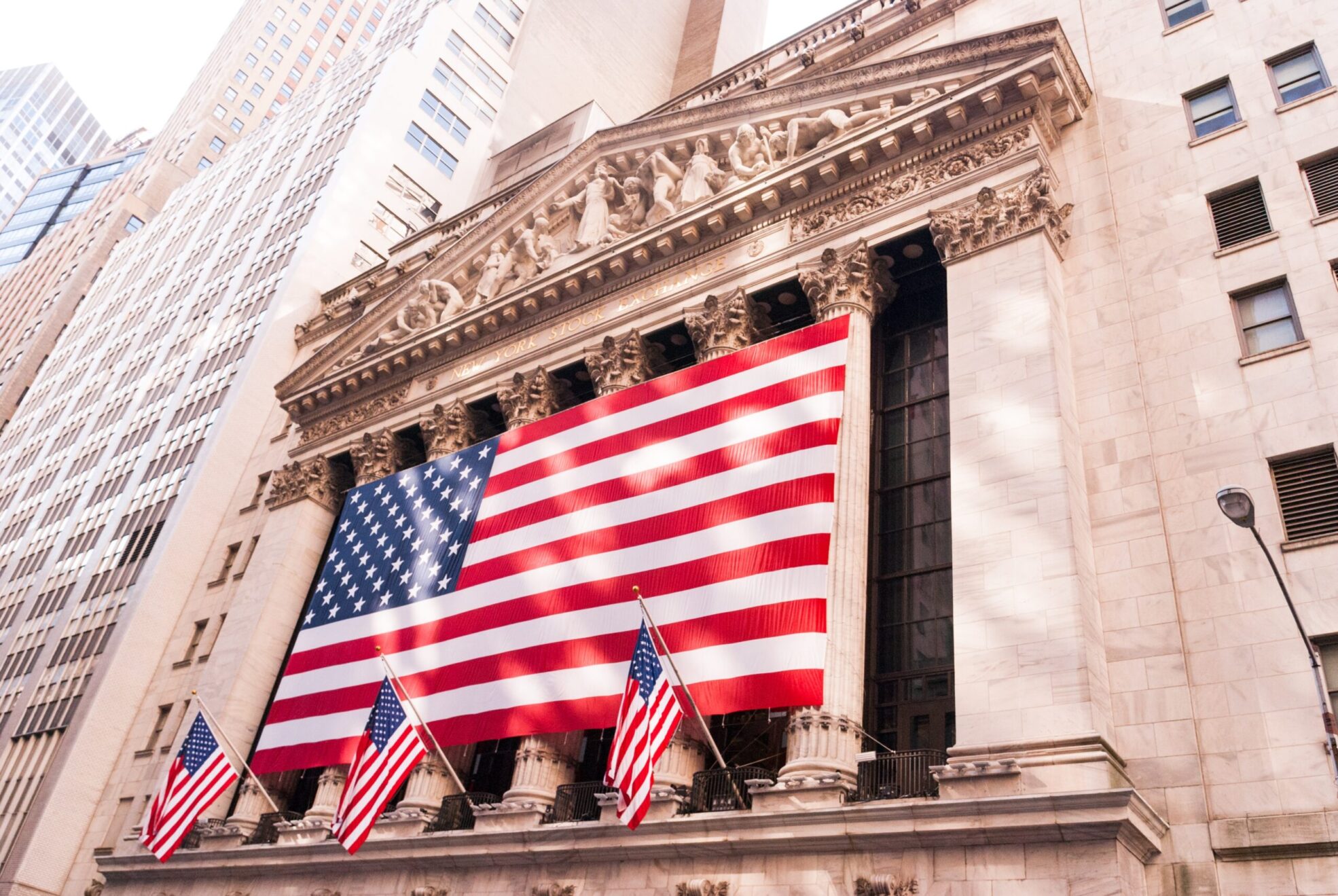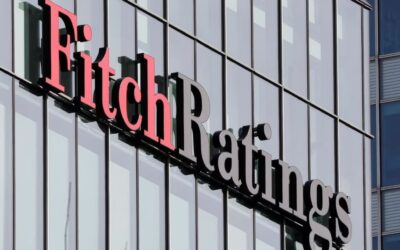On March 7, 2023, Federal Reserve Chairman Jerome Powell gave a semi-annual monetary policy testimony to the US Senate Banking Committee, indicating that the Federal Reserve is planning to raise interest rates in the coming months.
Powell stated that if the economic data supports it, the Fed will continue to increase interest rates to restore price stability. The Federal Reserve aims to return inflation to Fed’s long-term target of 2%, which currently seems as a distant dream.
The remarks caused Wall Street indices to fall by approximately 0.8%, and the yield on 10-year US government bonds to return to 4%, with the two-year yield rising to its highest level since 2007. Powell admitted during the hearing that the Federal Reserve has no control over inflationary pressures caused by the Ukraine conflict or global supply chain disruptions, but it has the ability to influence other aspects of inflation.
The Fed’s interest rate hike cycle is expected to peak in October at 5.46%, with contracts for federal interest rates indicating a 54% chance of a 0.5% increase in interest rates in two weeks. During the hearing, some politicians criticized Powell, expressing concern that further interest rate hikes would lead to a deep recession and mass unemployment. But Powell stated that the unemployment rate in the United States is at a 54-year low, and unemployment is not expected to rise significantly until the end of the interest rate increases, reaching around 4.5%.
Notably, in addition to halting the purchase of bonds for the bank’s balance sheet, the Federal Reserve began reducing its exposure by not purchasing maturing bonds. Since last summer, this action has reduced the Federal Reserve Bank’s balance sheet by $500 billion. Despite this significant decline, the total value of assets is still nearly $8.5 trillion. The inversion of the two-year and ten-year yield curves, which is regarded as a leading indicator of a potential recession, remains a concern for markets. It is currently at its highest level in over forty years.
Given the close economic ties between the United States and Israel, it is probable that Israel will feel the effects of higher interest rates. For example, a stronger dollar can cause an inflationary spike. The majority of goods imported into the country are priced in US dollars. An additional possible effect could be a decline in foreign investment in Israel, as higher US interest rates make investing in Israel less attractive. In addition, Israel may incur higher borrowing costs due to rising U.S. interest rates. However, Israel’s robust economic fundamentals, such as its low debt-to-GDP ratio, could help the nation withstand the effects of the higher rates.





0 Comments